We may earn money or products from the companies mentioned in this post. This means if you click on the link and purchase the item, I will receive a small commission at no extra cost to you ... you're just helping re-supply our family's travel fund.

Great minds often moved the world while avoiding movement. Some dreaded crowds, others fixated on germs, and a few refused planes or open water entirely. Travel in their eras could be slow, filthy, and risky, but their anxieties went well past rough roads. Letters, diaries, and stubborn habits show people who built rituals to feel safe, routed around triggers, or skipped continents on principle. The irony is sharp. Their work traveled far, even when they preferred four walls and a predictable desk.
Nikola Tesla, Mysophobia And Ritual Control
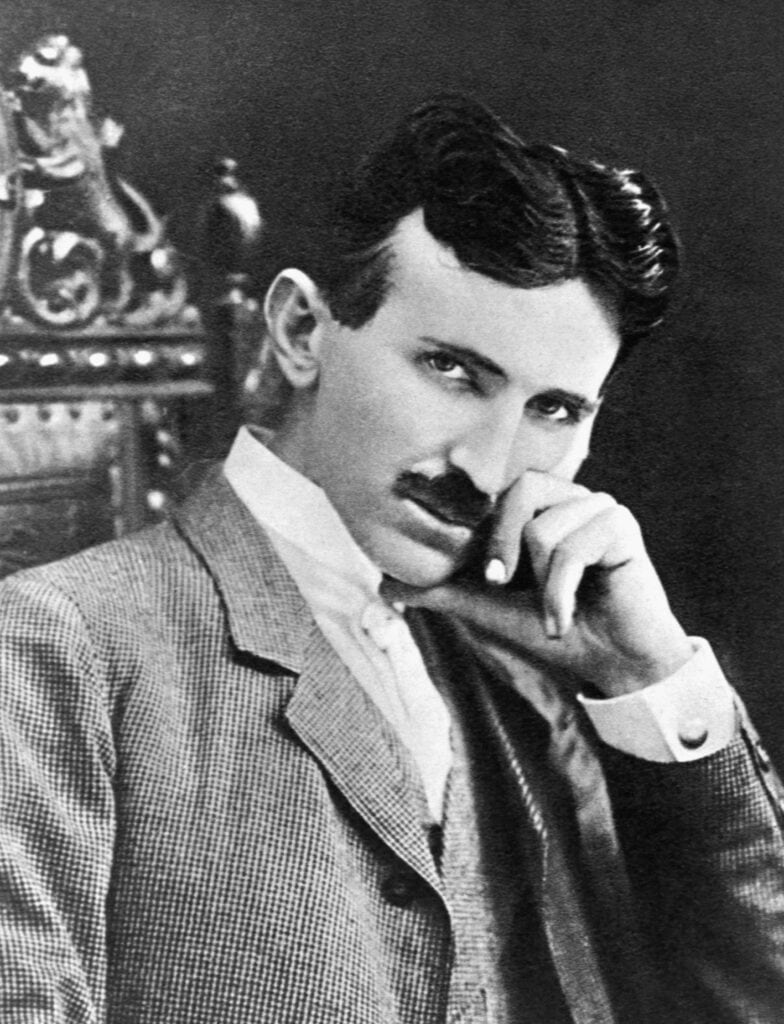
Tesla treated journeys like lab hazards. He avoided handshakes, counted objects, and demanded hotel routines that kept strangers and surfaces at a distance. Restaurants were interrogated, tableware inspected, and a stack of fresh towels followed him like a shield. He traveled only when work demanded it and logistics could be sterilized to his standards. The result was focus without ease. Laboratories replaced landmarks, and movement felt tolerable only when everything clicked like a calibrated instrument.
Emily Dickinson, Agoraphobic Retreat
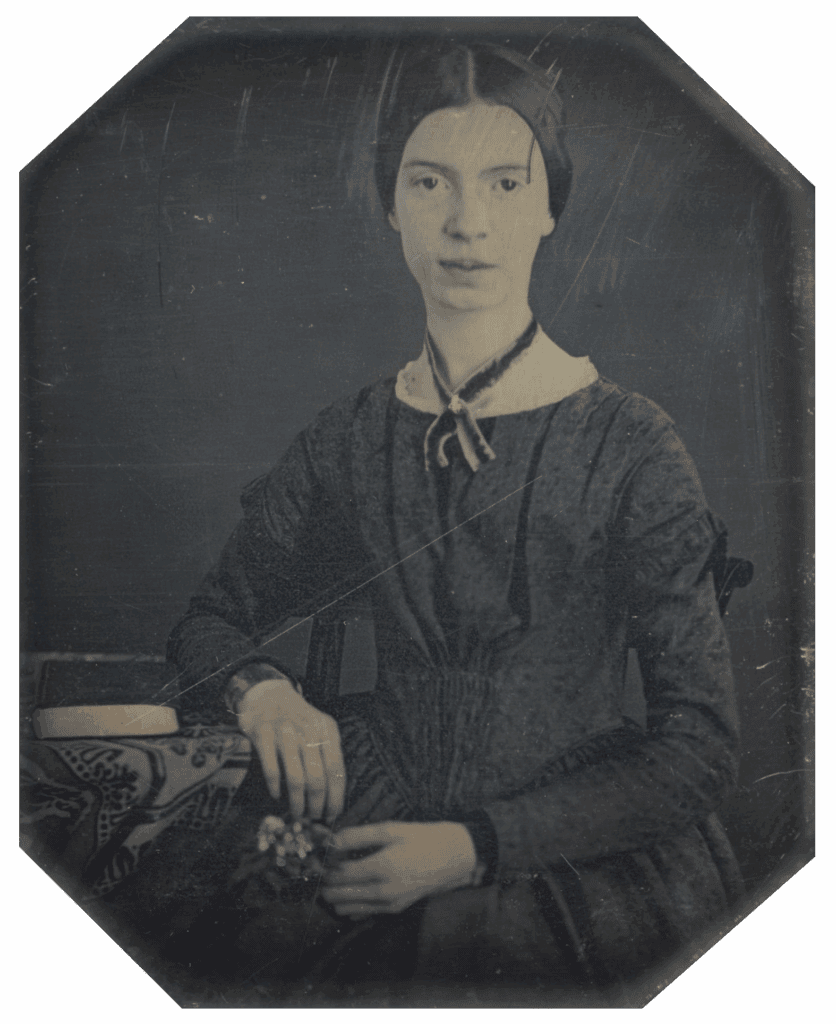
Dickinson narrowed her world to Amherst and then to a few rooms where language did the roaming. Crowds felt unbearable, ceremonies even worse, so she let letters stand in for visits and kept callers on the safe side of a doorway. The garden, kitchen, and weather through a pane formed a universe large enough for centuries. Travel did not tempt her, yet the poems crossed distances her carriage never would. She chose a steady orbit and wrote galaxies into it.
Isaac Asimov, Proud Ground Traveler

Asimov disliked flying so deeply that he engineered an entire career around trains and ships. Conventions were scheduled months ahead so ocean crossings could happen by liner, while most trips hugged rails with a book in hand. He joked about the fear, then declined to challenge it. Productivity soared anyway. Libraries, cafeterias, and steady timetables beat jet bridges and turbulence. If a flight was the only option, he changed the plan and kept writing.
John Madden, The Bus Instead Of The Plane
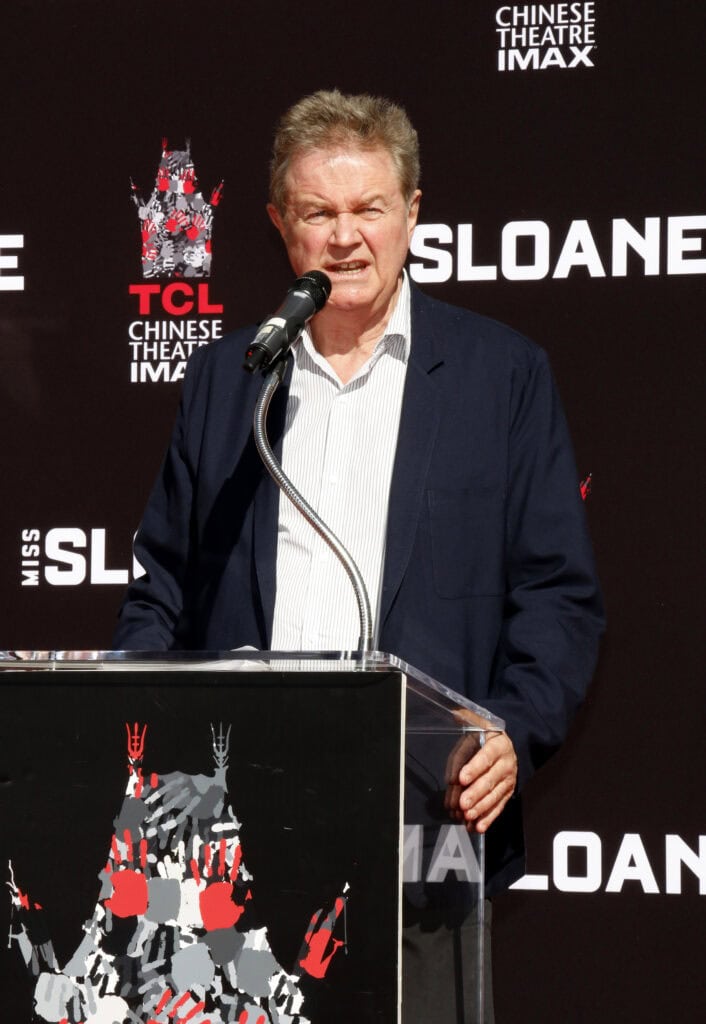
Madden turned a panic episode into a new logistics model. The Madden Cruiser replaced airlines, threading NFL cities by interstate like a rolling studio. The schedule looked brutal on paper, yet the bus kept him rested and present, with film sessions at dinettes and football talk at fuel stops. Airports vanished from the job. He proved national work could run at highway speed, with sandwich wrappers, game tapes, and a horn that signaled showtime.
Charles Darwin, Science While Seasick
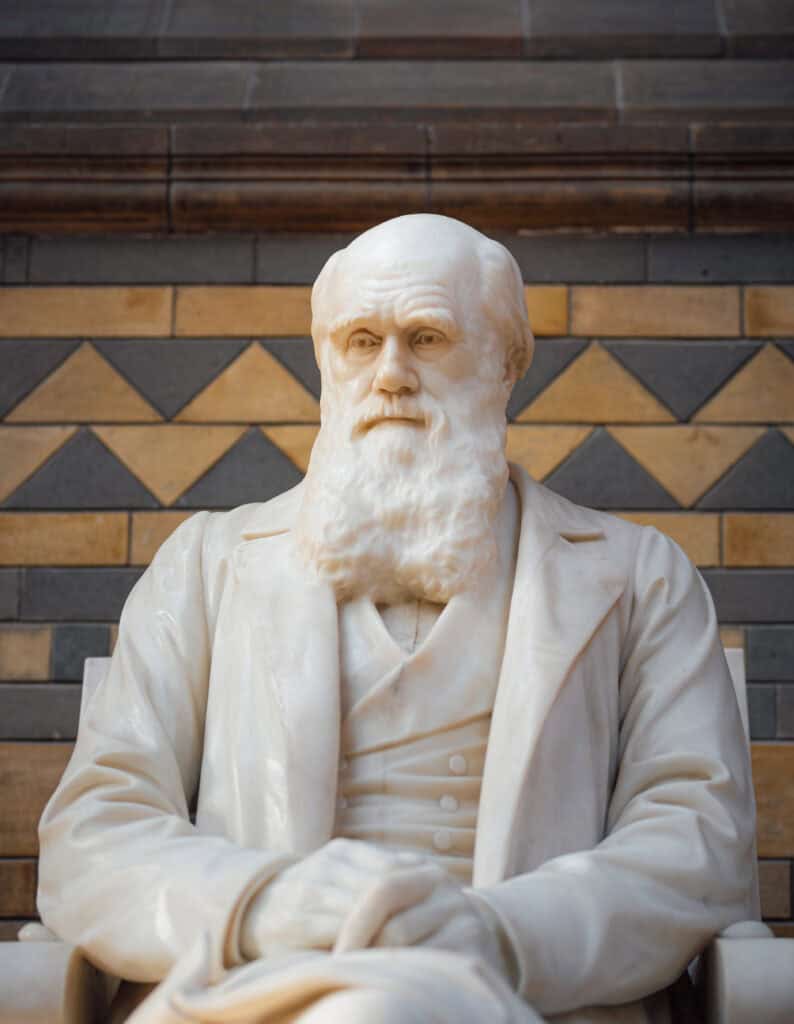
Darwin was not afraid of the ocean so much as punished by it. The Beagle’s swells made him miserable for weeks, and yet he kept collecting whenever decks stilled or the captain found calm water. He wrote through nausea, cataloged between bouts, and treated every quiet cove as a clinic. The voyage remade biology while confirming a personal truth. If railways had crossed oceans, he would have bought a ticket and thanked the engineer.
Howard Hughes, Germ Anxiety Aloft
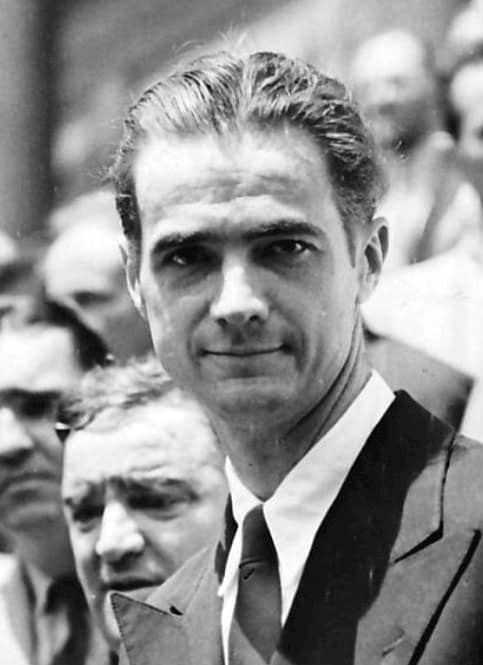
Hughes flew record routes and then hid from hotel doorknobs. Piloting thrilled him, but contamination terrified him, so teams sterilized rooms, rehearsed contact, and sealed items in layers of tape and tissue. When business demanded travel, rituals grew until distance felt simpler than proximity. Planes crossed deserts with grace. Handwashing scripts ran longer than meetings. The flight path was clean and fast. The landing often ended in isolation and fluorescent light.
Marcel Proust, Drafts, Dust, And Staying Put
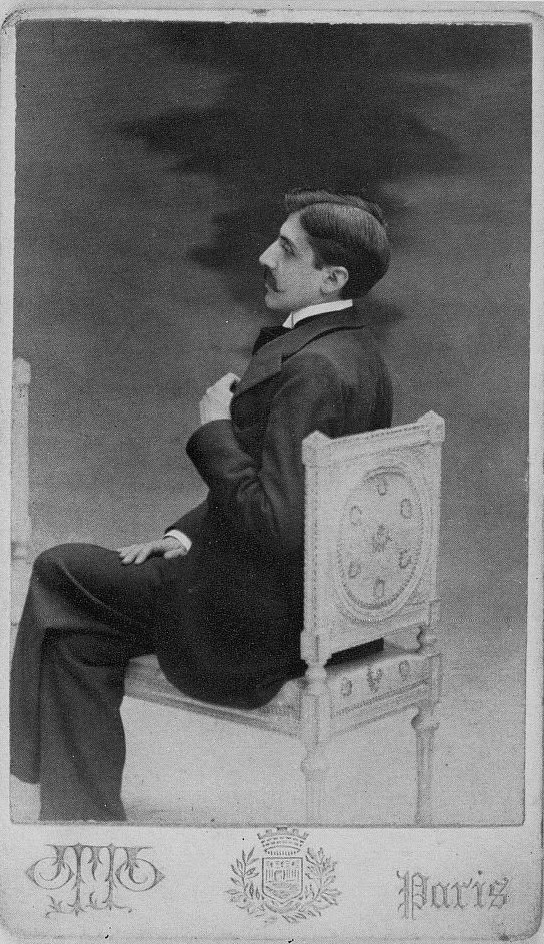
Asthma, allergies, and a fixation on drafts turned travel into a health risk and a creative threat. Proust cork lined his bedroom, controlled air and light, and treated long outings as gambles with energy he preferred to spend on pages. Trips happened in memory, stitched from dinners, gossip, and walks taken years before. The bed became a passport. He crossed decades without leaving it, turning fear of the outside into an inside world crowded with voices.
Immanuel Kant, Routine Over Roads
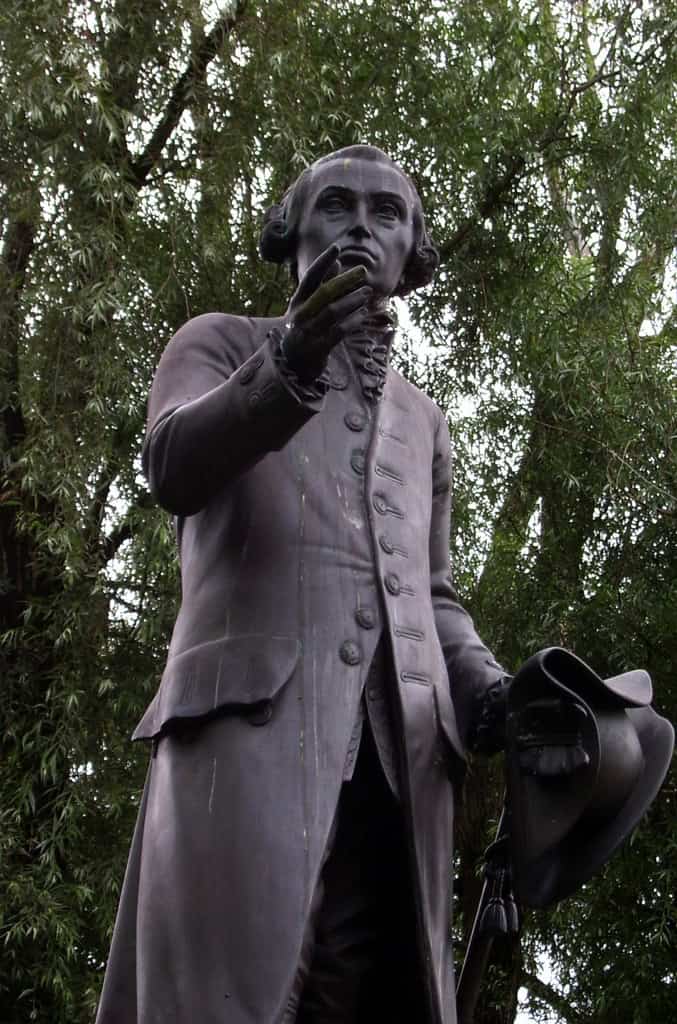
Kant rarely wandered far from Königsberg, and not only for work. Routine was his philosophy in motion. Walks started at the same hour, lectures ran on time, and travel’s surprises felt like a bad trade for quiet clarity. Friends joked they could set watches by him. He returned the joke by never straying. Ideas ranged widely, students came to him, and the urge to pack a bag never rose above mild curiosity.
H. P. Lovecraft, Unease As A Postal Code
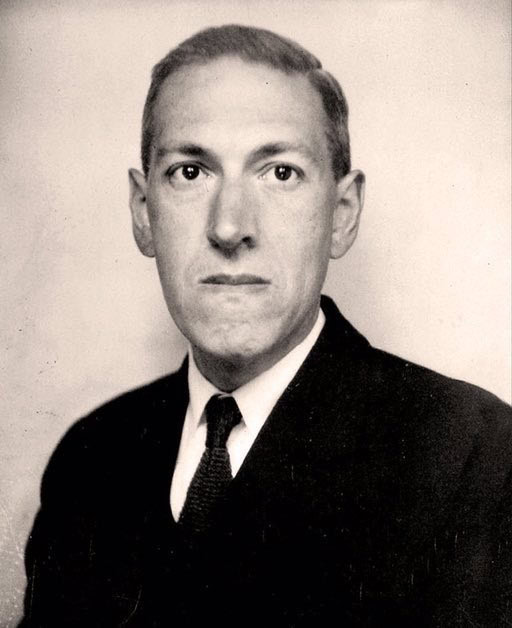
Lovecraft wrote about cosmic distances while treating real trips as ordeals. He preferred familiar streets, cheap diners, and night walks that ended at his desk. Moves to larger cities brought long letters about noise, worry, and the relief of returning to New England rhythm. He visited ruins and shorelines close to home and let imagination supply the rest. Unease fueled the stories. Tickets were optional. The dread was always on time.